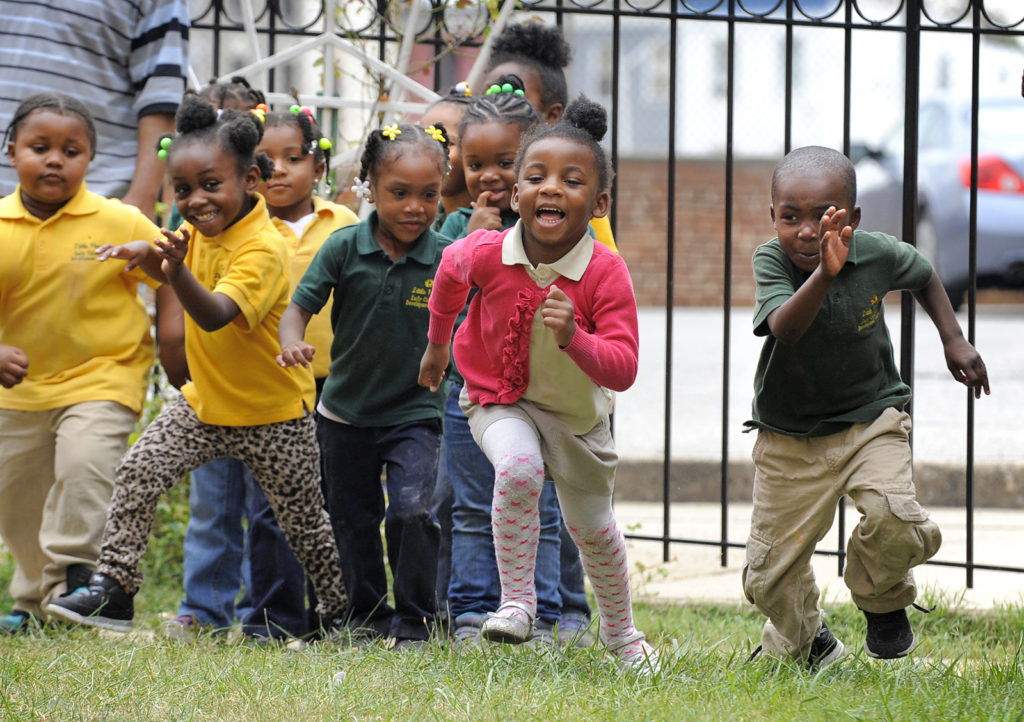OECS and UNICEF to present findings on the state of child protection and the juvenile justice system
OECS Media Release
The OECS and UNICEF commissioned an analysis of the Child Protection and Child Justice Systems across nine states of the OECS with the findings promising to have far reaching impact for the OECS.
The scope of the assessment addressed several areas including:
(a) reviewing the compliance of existing national child protection (including the administration of juvenile justice) systems with international standards;
(b) establishing baselines against which continued reform progress can be regularly measured;
(c) documenting good practices and lessons learned that can be scaled up, promoted for use, and/or replicated elsewhere in the OECS sub-region; and
(d) Making recommendations to improve the programming design and implementation of national child protection systems.
The 1 st presentation was made in St. Vincent and the Grenadines from December 12 – 14, 2017 at the end of which a national action plan was drafted to determine the ways in which the gaps in the sector could be addressed. The situational analysis of the Child Protection and Child Justice System in St. Kitts and Nevis will be conducted during March 26- 28, 2018. St. Lucia’s presentation was conducted on February 7 – 9, 2018 with key stakeholders in the child protection sector.
The current reality of child protection in St. Lucia will be shared followed by the drafting of a national action plan to address the gaps in the sector. This process of presenting the findings and subsequently developing a national action plan to address gaps in the sector will be replicated in the remaining OECS Member States until June 2018 with the support of UNICEF.
The situational assessment is in keeping with a broader scope of work with the OECS Commission and USAID geared towards strengthening.
The existing Juvenile Justice Systems of six (6) independent Member States namely; Antigua and Barbuda, Dominica, Grenada, St. Kitts and Nevis, St. Lucia, St. Vincent and the Grenadines, through the application of reform measures applied both nationally and sub-regionally.
Specifically, The Juvenile Justice Reform (JJRP) initiative is being implemented to accelerate national juvenile justice reform in order to improve the life circumstances of young people in conflict with the law, enhance public safety; and advance a rehabilitative approach while ensuring that young offenders are held accountable for their action.
Juvenile Justice Reform Project is aligned to the strategic objective of the OECS which is designed to assure the security and well-being of citizens. JJRP was implemented in the OECS in 2013.
Juvenile Justice Reform Project is aligned to the strategic objective of the OECS which is designed to assure the security and well-being of citizens. JJRP was implemented in the OECS in 2013.
| This story aligns with OECS Strategic Objective No.4: Assure the Security and Well-being of Citizens. |






